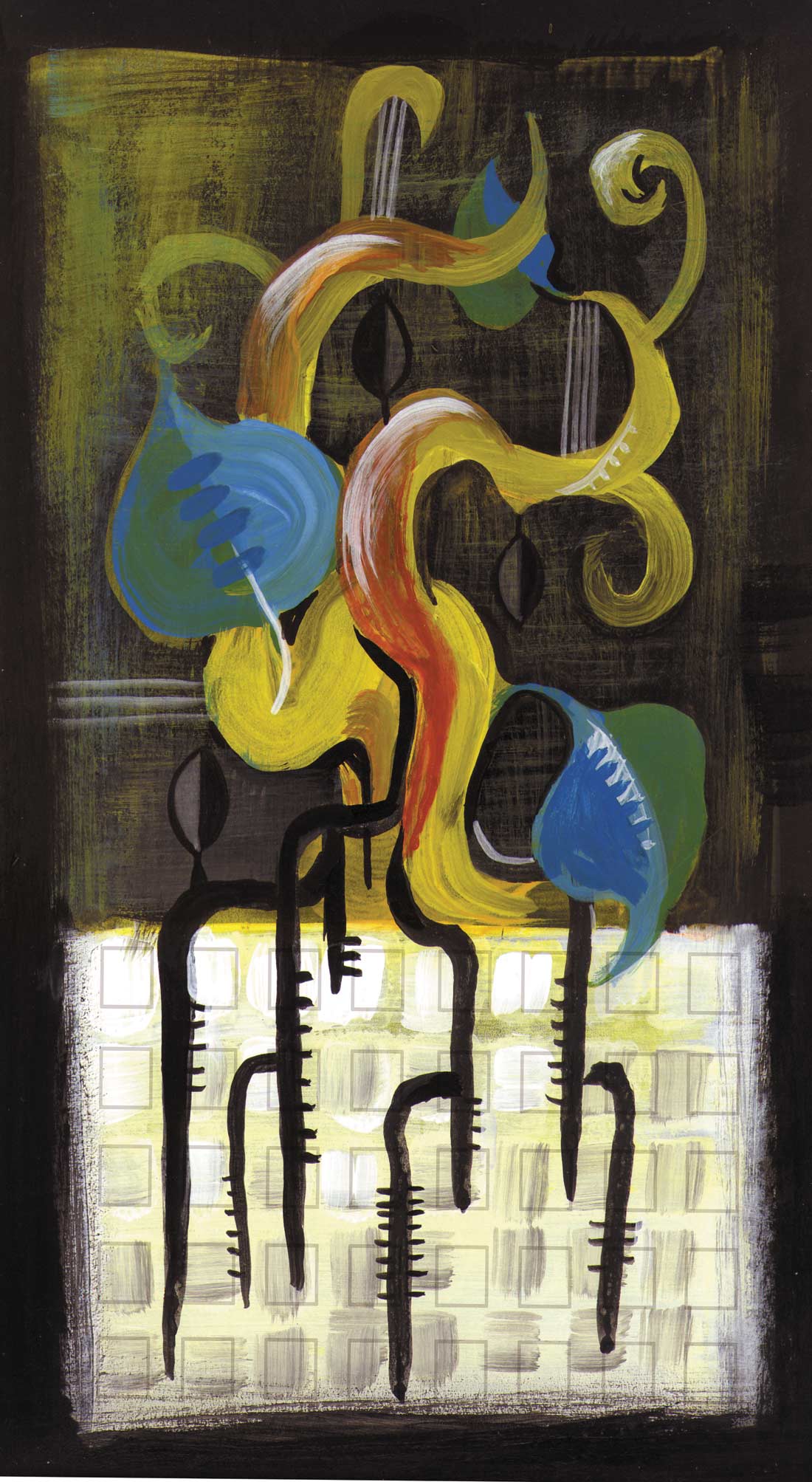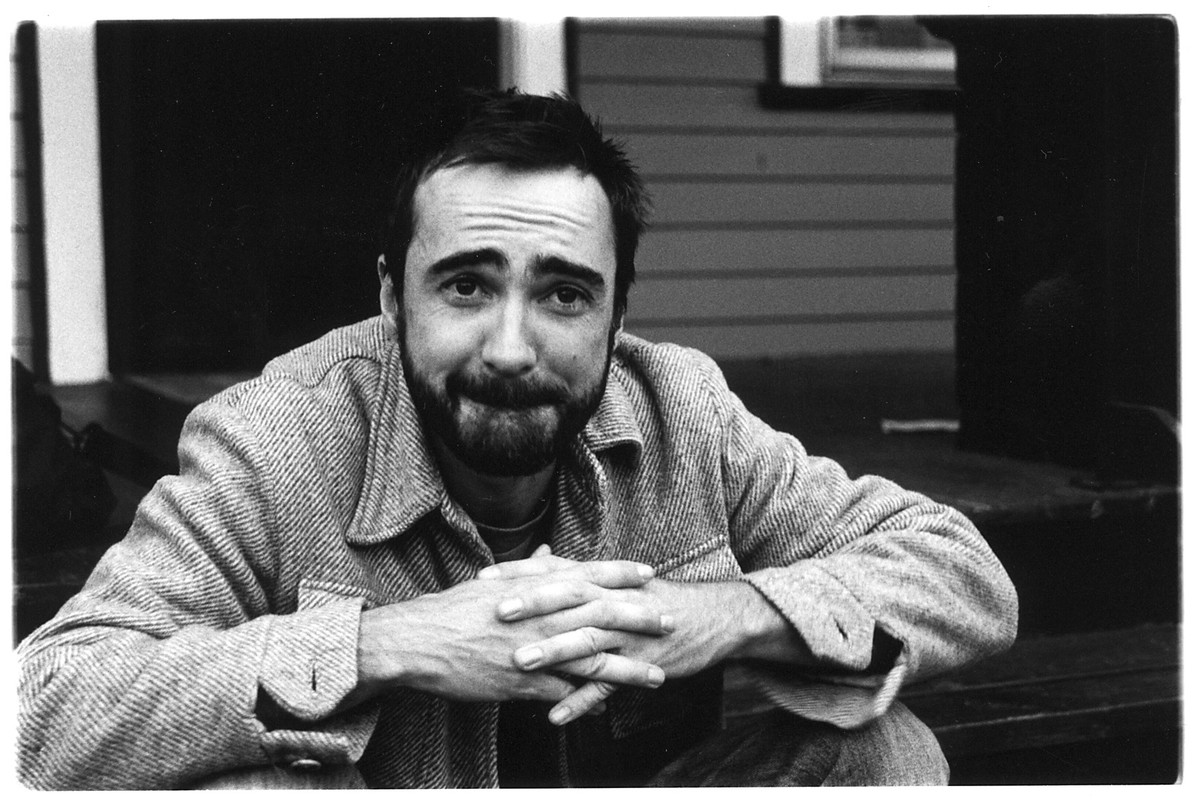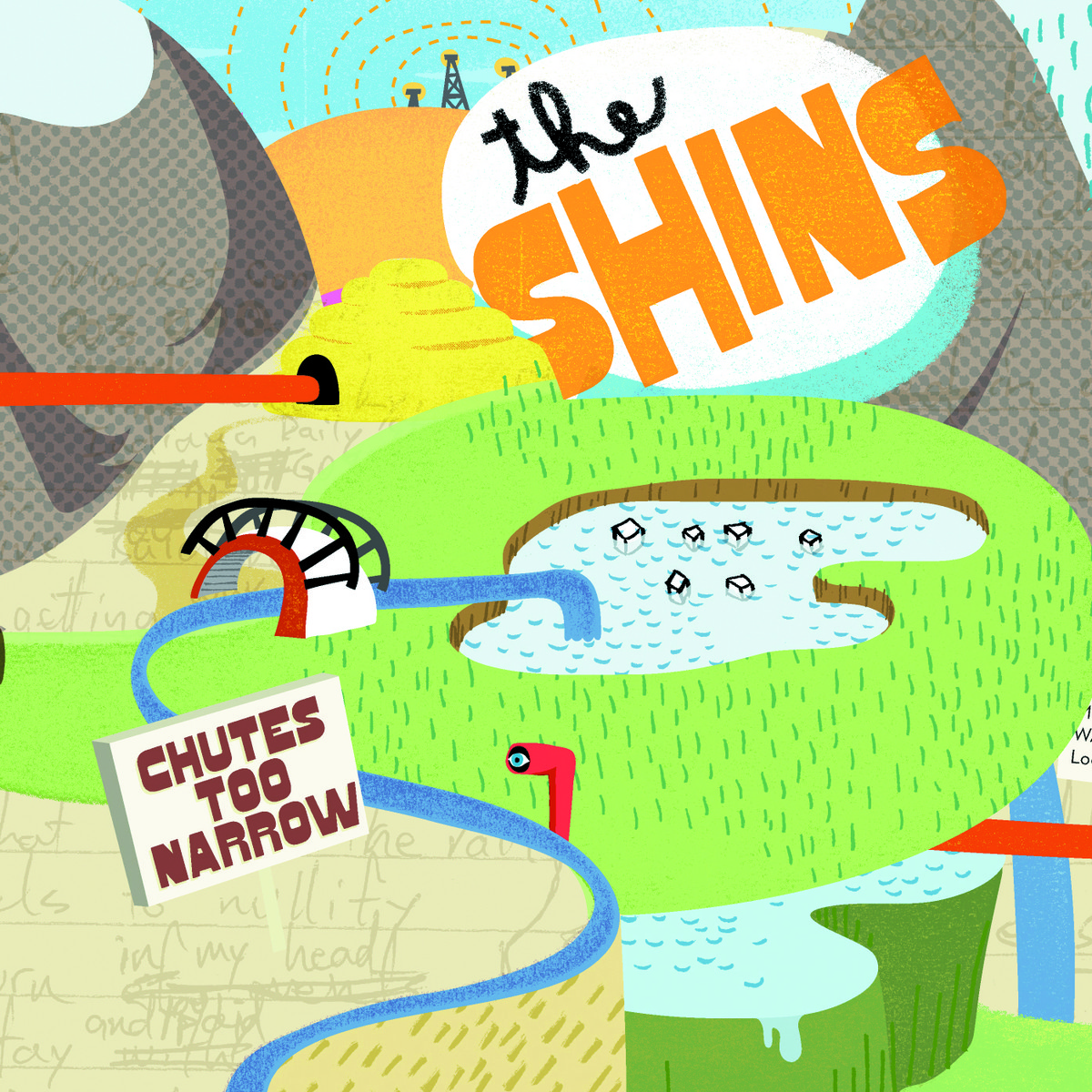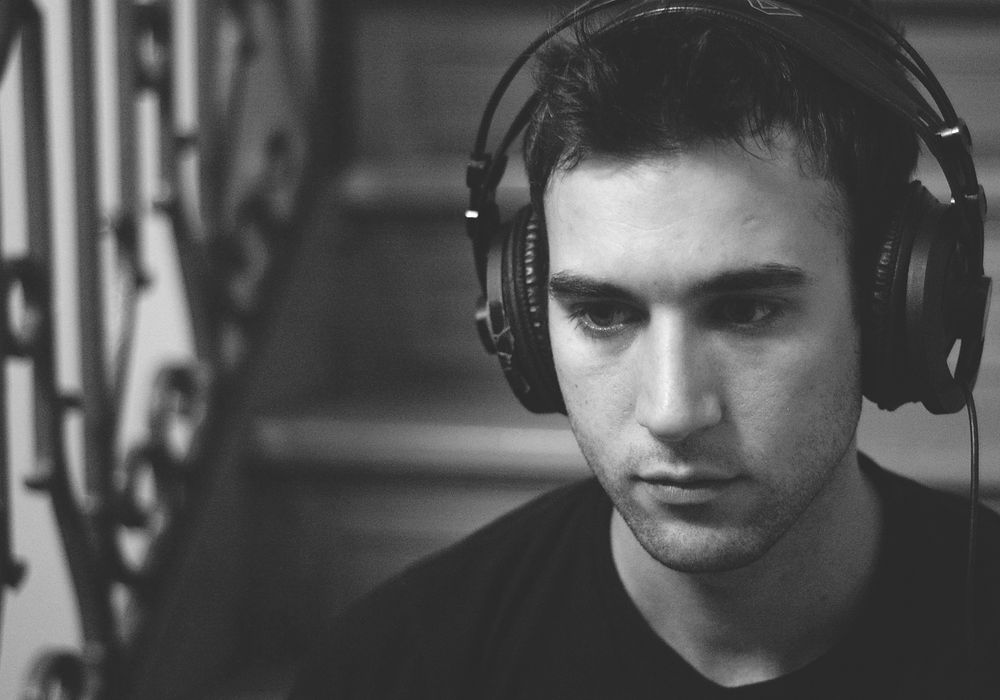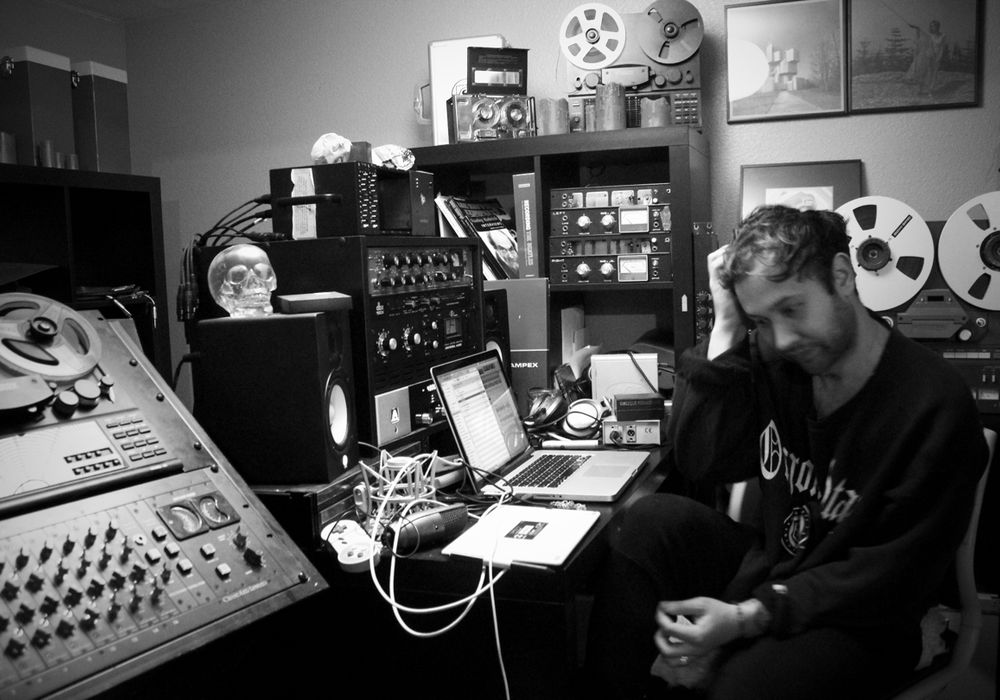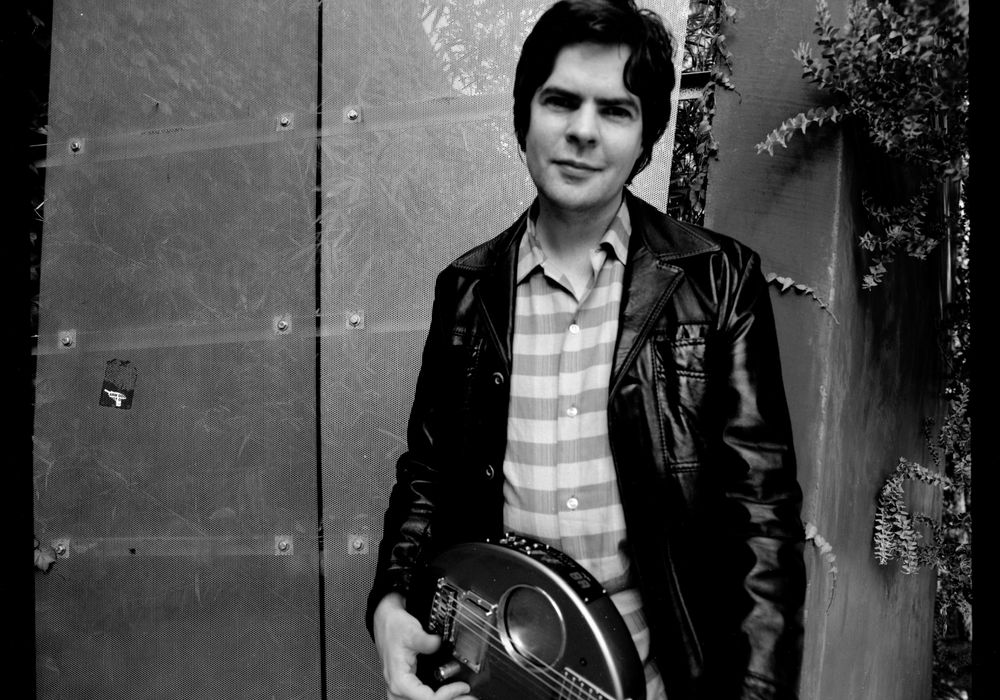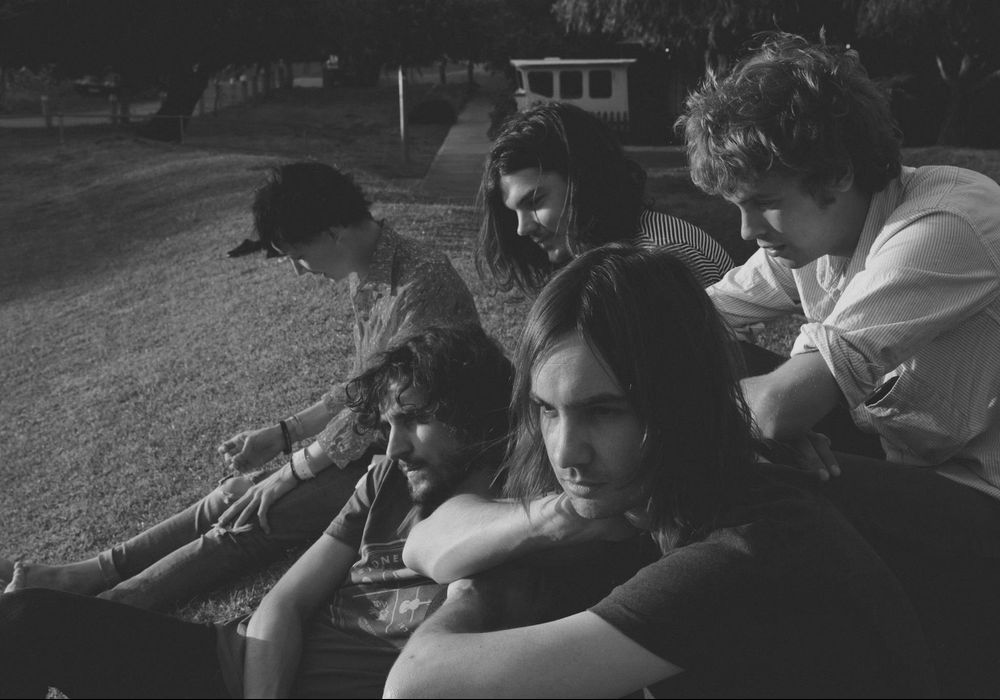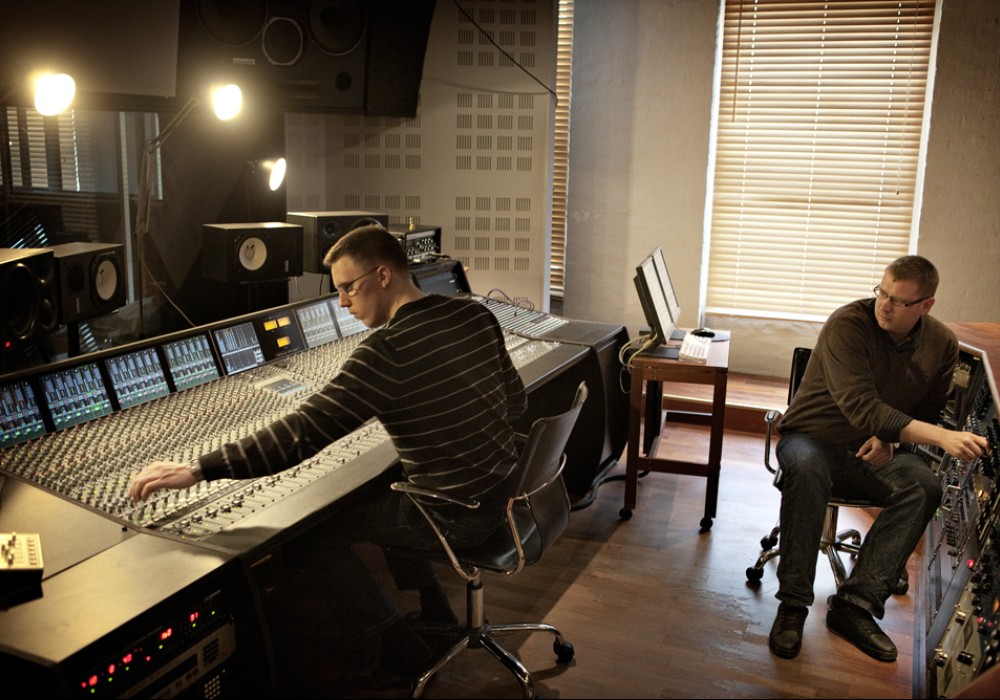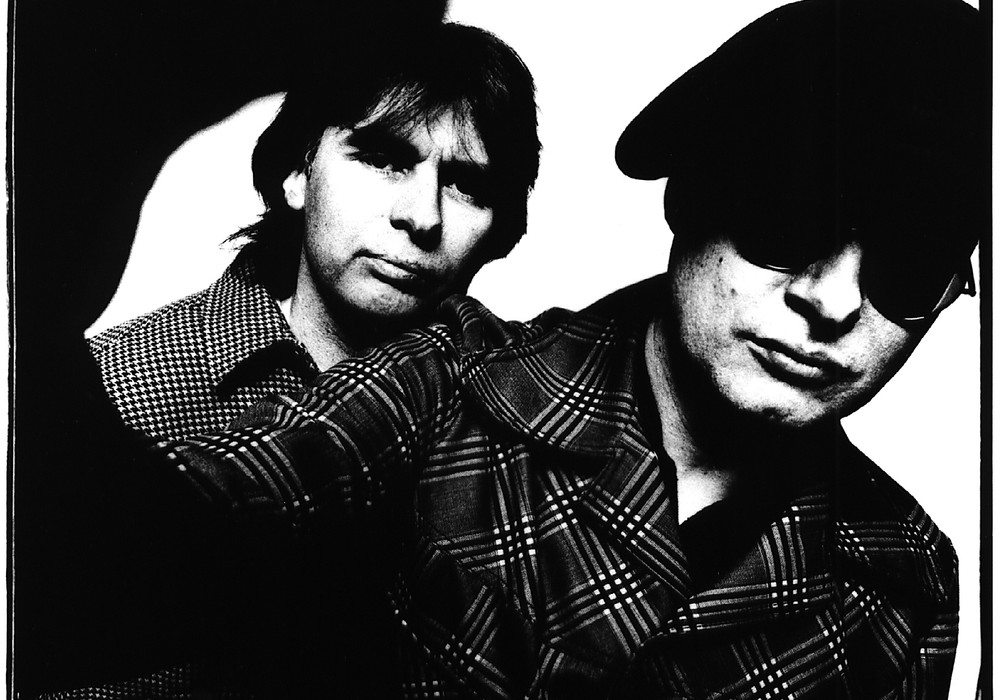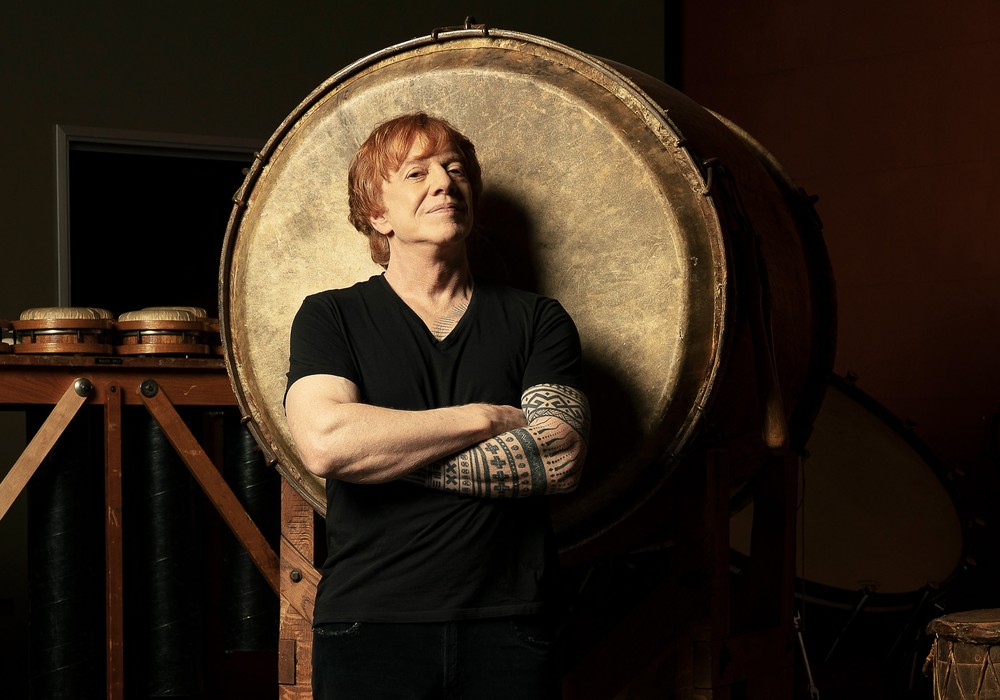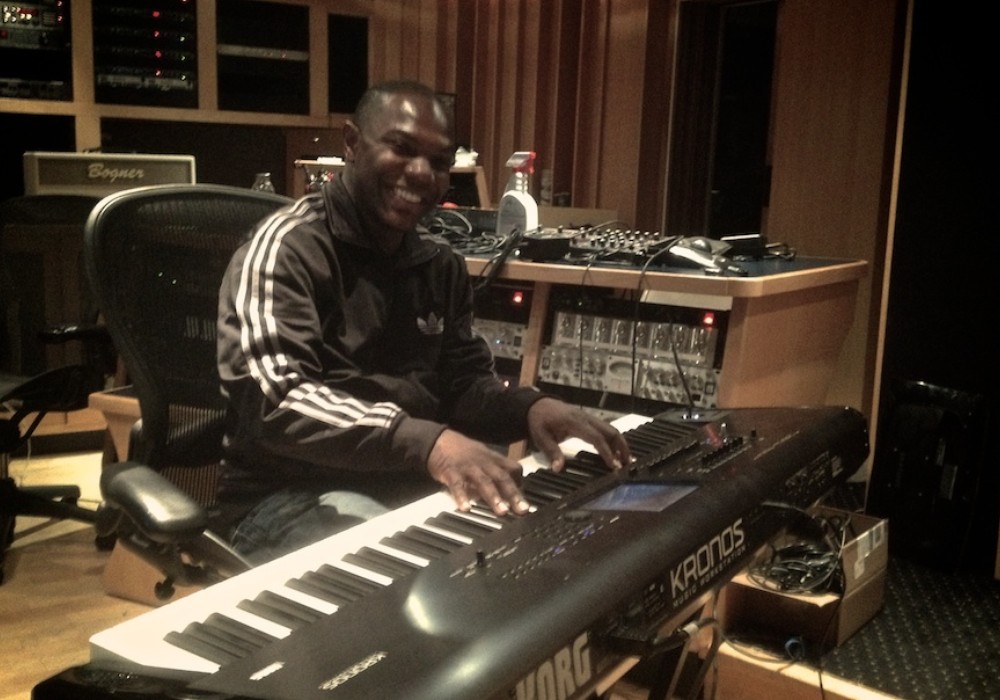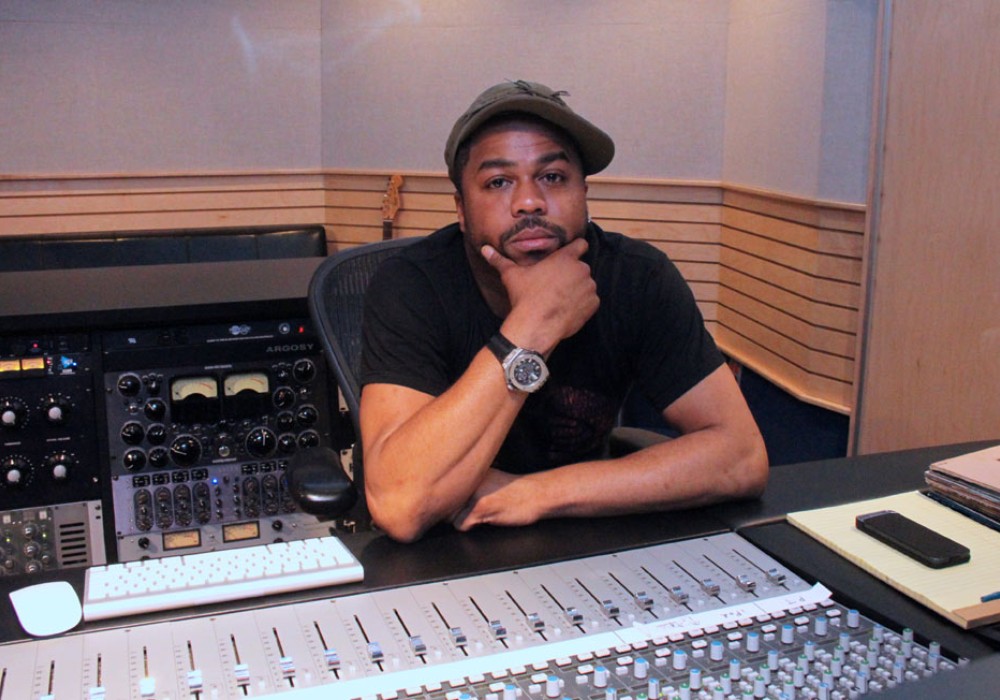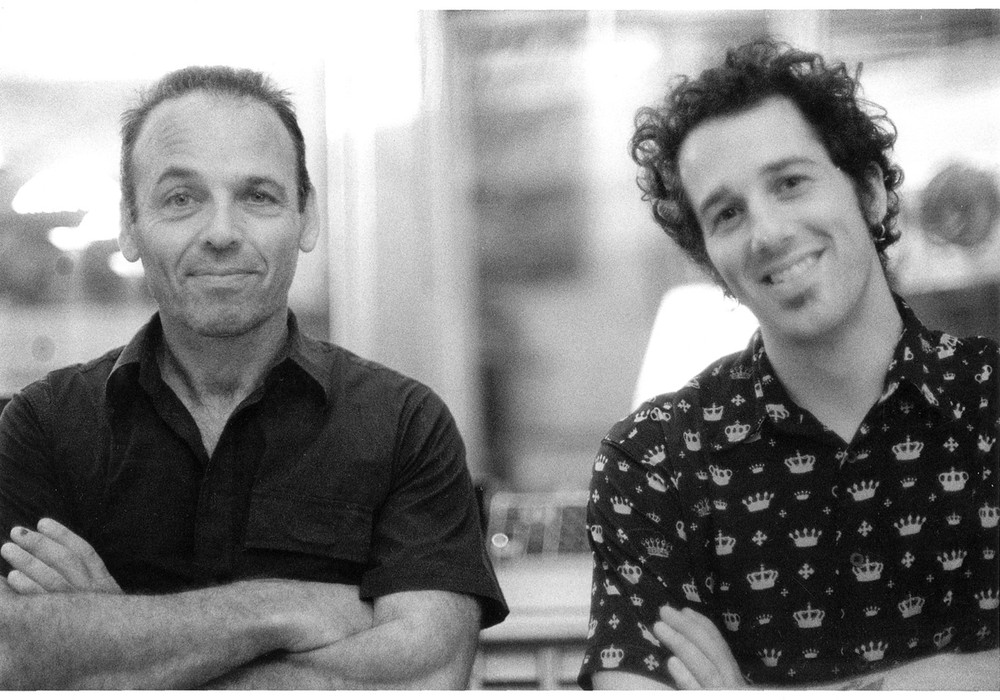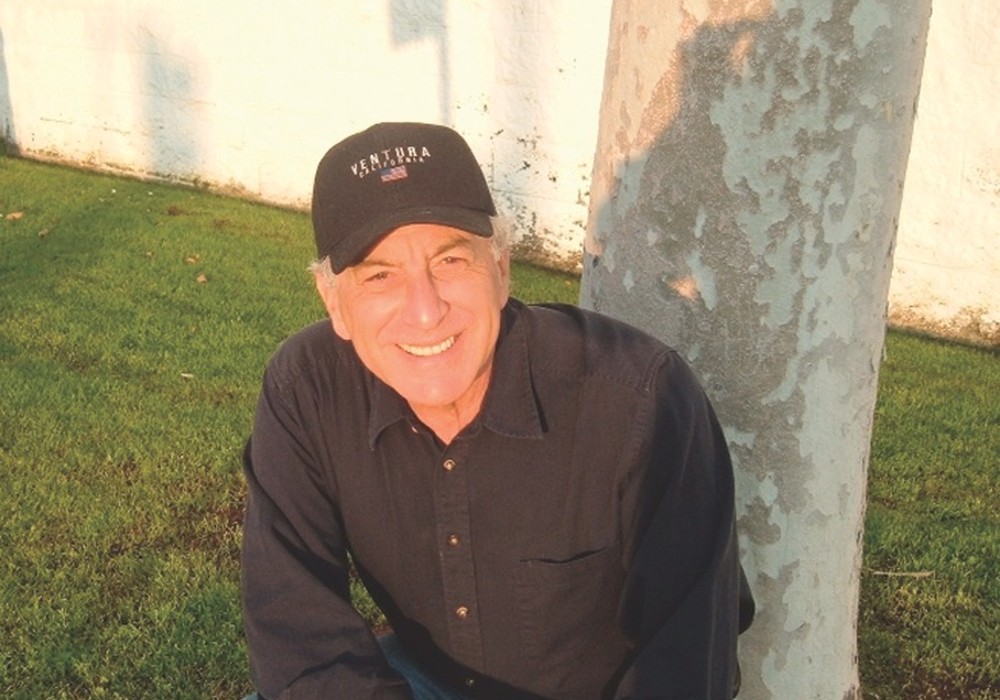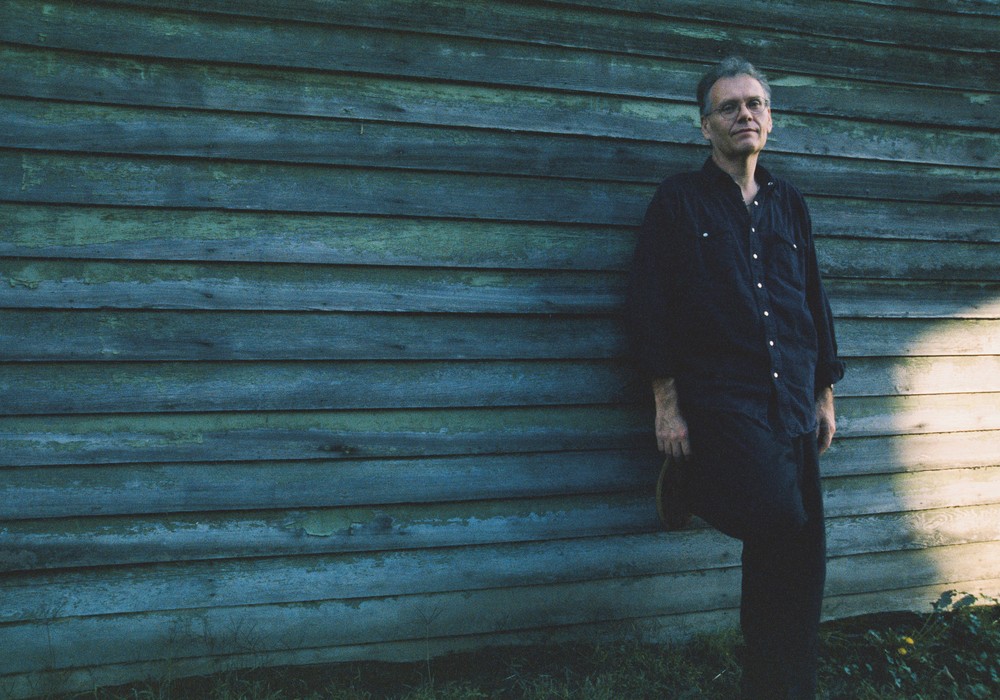The Shins debut album, Oh, Inverted World, is a testament to the power of home recording. A band with great songs captures those songs using the gear they can afford and manipulates the recording process to turn technical limitations to their advantage. For their second release, Chutes Too Narrow, the band, led by James Mercer, returned to the basement with more experience and some better gear. They also spent some time at Avast! Recording Co. in Seattle with engineer Phil Ek [Tape Op #29]. We sat down with James after he had returned from tour only to find that his house and home studio had been broken into.
There's a big sonic difference between Oh, Inverted World and Chutes Too Narrow. Was this an aesthetic decision, or just the outcome of different gear?
Well, it was an aesthetic decision. I think one of the reasons I used so much reverb and delay and stuff like that on the first record was because you can kind of hide a bad-sounding mic with reverb. You can make it sound a lot cooler. So I knew right away that when I was done with that record, if I could get some money I would buy some better preamps. I didn't have any real preamps — I was running through a Mackie board. Sometimes I was just running directly into the computer. So I bought the UA 6176 and the HHB Radius 10, and I think that made a huge difference. And I have a couple of Rode mics now, and an [AKG] 414 that made a huge difference sonically, I think. I was able to just not hide behind the reverb as much. So those were the changes and they were sort of half practical, half an aesthetic choice. Like, I have a good acoustic guitar, you know, and if you can record it nicely, it sounds good just by itself. So I think that's where we're at now. It sounds pretty good.
We've read a few conflicting reports about how Oh, Inverted World was recorded. Could you give us the definitive story?
I started recording it when I had a Hewlett Packard Pavilion, one of those little ones, with Cool Edit Pro. The computer had a really slow processor. Then I bought a Gina sound card that was 16-bit. So, some of the songs were recorded with that. Halfway through I bought a 24-bit Digital Audio Labs soundcard, and I also bought this Rode NT-1 mic, which blew my mind. I'd read a couple reviews of it and was impressed, then bought it. And this is how amateurish I was: When I bought the NT-1, I also bought an XLR cable. You know what I mean? I did not own one before that. I put that thing on my computer and I was absolutely shocked at how quiet it was. I mean, I thought that something about my computer was making all that noise. That there was no way to prevent it, because I was like, "What am I doing, it's just this mic, this SM 57 plugged into this thing," you know. Also, I did use a Roland VS- 840, the very first Roland digital recorder. It was a 6-track. So I used that for the drums. Then I would transfer them onto my HP one track at a time — I had to manually sync them all up. I had to run it through the card that only had two inputs.
The NT-1 is what, $200?
Yeah, I think they were like $250 when I bought that. But they sound really good in comparison to a SM 57 with a guitar-type, unbalanced cable.
So how did the new record come together?
I've been working on probably 30 songs over the last two years. I decided to pick ten of those and work on them, finish up the writing process and record them. We began recording probably two months before we ended up going up and working with Phil at Avast! [Tape Op #18] A few of the songs were just done, recorded entirely in the basement, using the equipment I bought, which also included a Digi 001. So I worked with Pro Tools, switching back and forth between Cool Edit Pro and Pro Tools. I like the effects in Cool Edit Pro, so I ended up using those a lot. I actually have a sponsorship with Cool Edit Pro now. They send me stuff.
Did the thieves take the 001?
They did. But, I think I'm going to buy a Mac. It would have made going and working with Phil a lot easier if I had had all Mac-based Pro Tools files. We had some trouble switching from PC to Mac. Not a huge amount, but enough to where it's like, "Why do I care about being on a PC?" I think for a while I was loyal to the PCs because I thought they were more the workingman's computer.
How did you hook up with Phil?
Sub Pop commissioned him to come out and record a live thing in Seattle so they could have extra shit to sell. So we met through that and then met him several times later and he called me a few times. He kind of solicited the relationship, in a way. He's just an easy-to-work-with guy and we got along real well. He helped us a lot. That's the other thing about the new record. There's a lot of vocal overdubs and stuff and on a few of the songs that were actually recorded up there, and we got to use this Telefunken mic, like $11,000 microphone. The LM something [ELAM 251], the freaking wickedest mic ever, so there's that on the record as well, going through an API board. And the record was mixed entirely through all separate channels on an API board, which helped vastly, I think.
Who mastered it?
[Emily Lazar at] The Lodge in New York City.
Did you go there for that?
No. There was just too much stuff going on. I would have enjoyed doing that, but at the same time by then I was so fucking burnt on the record. If I'd had six months or a month to sit on it I could have done that, but we had to get it done immediately.
When you were mixing with Phil, did you find that you had a different style than when you were working by yourself?
Yeah. I bury the vocals and I don't think that's necessarily a good thing. I'm shy about my vocals being loud, and I think you can hear that on the first record. I think there are a lot of benefits we got out of working with Phil. He's not afraid to have the mix expose certain things once in awhile.
Did you learn a lot from Phil?
I did. He knows that I'm interested in recording and he enjoys talking about it. I learned some of the little tricks that he uses. I learned about reamping snares and things like that.
On both records, there are a lot of bold sounds. Is there a conscious decision to do these, or do they just happen?
I think I wanted to have that. I wanted to be aggressive a little bit. I wanted to get a little more rock in the mix. I wanted to be a little more dynamic with this record.
When those guitars come in on "Kissing The Lipless" it's very cool.
A lot of that distortion is the Pro Tools distortion. I thought it worked pretty well. With my Super Reverb sitting there sounding awesome to my ear and then mic'ing it with the 414 or NT-2, even padded down a bit, I wasn't able to get that really nice, full, distorted amp sound. But recording it like that and adding a little bit of distortion digitally really seemed to help. One thing I learned was that I was overdriving the preamp when I shouldn't be. You lose a lot of dynamics and you lose a lot of headroom, I guess, and I learned that on this record. Headroom was something I came to understand on this record just through experimentation.
The string part on "Saint Simon" is great. How did that come together?
The melody I had in my head, so what would that be, arrangement? The arrangement I guess. Then we had somebody [Annemarie Ruuljancich] come in and play the violin. I have a violin and I did some half- assed violin stuff on the first record that's barely audible. But yeah, we had someone come in that was great. I had this idea to have these harmonies going on and she was able to do that. It worked out pretty well. That was recorded in Seattle.
Are the voices on that part all yours?
Yeah, I can sing like a girl. I remember once early on when I was recording with the 4-track, I recorded something and I showed it to my dad and he was like, "You sound like a girl." [laughter] But my dad's a wonderful guy and he's the biggest Shins fan.
So when you started out, in Flake and then when you started The Shins, you were recording on a 4-track...
In Flake we never recorded ourselves. We would do that stupid thing, at least in Albuquerque it's a stupid thing, where you go into a studio owned buy a couple of old heshers who love to fucking put gated reverb on the snare. It was just mortifying. Horrible. You'd go in like, "Oh, we want to sound like Superchunk," or something else that we liked back then, Pavement, or anything cool. But god, it was just miserable and you'd spend so much money, and they'd tell you you were just crazy. So I decided to buy a cassette 4-track, and I liked the way it sounded way better than that crappy fucking Garth Brooks sound you'd get out of the studios in Albuquerque. We used to be so frustrated with that. And you're kind of on your own there. You don't realize you can record yourself. It was only after I bought the 4- track, and even after I bought and started working on the computer, and I got Tape Op and I was like, "This is what I'm trying to do, this is my magazine."
Do you have a piece of gear that you can't live without?
Right now I'm in love with that UA deal [6176], just because of the way the compression sounds. It sounds like an old record, I guess, which I really like. That Rode NT-2 is my favorite mic — I love it.
What part does recording play in your songwriting process?
It usually plays a pretty big part on some of the songs at least. I often will loop parts and, like, I edited like crazy up at Avast! on the Pro Tools stuff. That song "Turn A Square", when we went up there it was about a six minute song, and it ended up being like three minutes or something. And that was me editing and editing and editing over the course of a couple days while we were messing with that song. So yeah, I used Pro Tools to edit the entire song. And it's a little easier to do that in Pro Tools than in Cool Edit Pro.
I haven't used Cool Edit Pro yet.
It's a great program. It's really intuitive. It comes with tons of crazy-ass effects that you can tweak in all directions, really extremely. So if you sit there long enough with any of the effects you can find something cool. It's almost bad, because you spend the whole time fucking with everything. One of my favorite effects in there is the "convolution" effect. In some weird way it reminds me of a vocoder. But what you can do is go into a room, like a church, and snap your fingers, give it a precise bam, and it will listen to the reverb. And it will take that and apply it. So you can use it to create your own reverbs, and it will apply those reverbs to whatever sound you bring into it. But then you can do totally weird shit like go [makes whirring noise] into the mic and put that as the file you're going to refer everything to. And then you play the bass or something, apply that, and it's like [makes whirring bass noise]. So on "Sphagnum Esplanade", a song I did, it has a really washy, weird sort of bass, and I used convolution to get that. It makes a regular bass guitar sound like some weird-ass synth thing.
Do you play a lot of the instruments yourself?
Yeah, but as much as I can I have the other guys do that stuff. The guys I work with are real good in my opinion. Marty always comes up with really cool melodies for the keyboards. There's a few times where I'll guide him in some direction, but a lot of times he'll just come up with something I never would have thought of that's just brilliant. And Dave is great as well.
Have you done any recording via the postal service, like sending tapes to Marty in New Mexico?
No. We talked about doing that, but you know, Jesse lives up here, so we would record the main stuff, guitar and drums, and I'd sing a little bit even for scratch vocals, and then Marty can come up and do a keyboard part to go over it and do it in like 15 minutes.
You have so many interesting sounds on your records. I have to know, what is the "schwing" on "One By One All Day"?
It's an auto harp, with some Cool Edit distortion and probably stereo delay. I discovered stereo delay about halfway through recording that record, too. I lost my mind. It was like, "Oh my god! That's how you get that sound." It sounds big. It sounds like it's actually in the room. I put 11ms to the left or something and I was thrilled. I was buzzing for three days. Like, "Holy shit, I'm going to put this on every single track." And I didn't know that you can cause destructive interference that way, but you learn.
What is that ambient stuff at the beginning of "Caring Is Creepy"?
Yeah, I'm whistling and... I can't remember what I was doing there. There's some chiming thing going on.
How long did you spend recording each of the albums?
The first one, at a really leisurely pace, took a year. I would mess around with different ideas. I'd spend a month on a song and just kept messing around with it. Record maybe two days a week. About six months into it, we got signed to Sub Pop, and then I started getting more serious about it. I was still working on it three months before the record was released. The new record was probably a total of three months. That is including the two weeks we spent up in Seattle mixing, recording some overdubs, and recording some songs with Phil.
Did things change for you getting signed half way through an album?
Well, suddenly I had a deadline. I don't know why. How many years has Sub Pop been around? And we've never been signed, why do they need it right away? But they did, of course. They start planning shit and you are only part of the plan. Halfway through they are like, "Great, you've got seven songs. We need at least four more." And I think those are the songs on that record that I like the best, like "Caring Is Creepy". That was one of those songs that they said, "We need another song," and it's one of my favorites.
Did you feel comfortable working so much faster on Chutes Too Narrow?
I felt less comfortable because it just wasn't at my pace. I was pressuring myself to get the record out. I felt that two years was about the max before you want to put out another record. Yeah, you know, the pressure of the sophomore album.
I read that you're a big Echo & The Bunnymen fan. Are there some other records that you love as far as sounds?
Oh yeah, Ocean Rain, it's brilliant. I love that dearly. I love U2's War. I love the sounds on that record. Drum-wise, I love the sound of Outlandos d'Amour by The Police, the drums I think are just awesome on that record. That was an inspiration to me, hearing those drums when I was growing up. The Cure have some wonderfully recorded and produced stuff. I love Boys Don't Cry.
Any other thoughts?
I love recording. I love how it is this weird attempt to recreate reality, or synthesize reality, or maybe a combination of the two. You can do a good job, just being someone with an attention to detail and the energy and foresight to work at it. But this idea of recording and writing music and playing in a band is not an all-consuming thing with me. I do get obsessed when I get on a project. But when I'm not recording, I don't think about recording. I don't read catalogs and learn about new gear at all. It's when I have a problem. It's, "Oh shit, this doesn't sound right, what can I get to make this sound right?" That's when I become curious about what else is out there, what can I get or buy to make this sound right. But basically, the reason that I record myself is that I'm not a proficient enough musician to be comfortable going into a studio and having a week to record an album. I have gotten a lot better at my instrument, but it's the comfort of being able to mess with things. The computer is huge to me because you can alter everything. Nothing is permanent. It's so infinite and there is so much less pressure to nail it. I perform better under less pressure. You are on your own schedule. The next record I want to do the drums with Phil, I think, and use that super nice stuff. I think that drums really need that technical ear, and also the ability to know what the problem is when you are hearing a bad drum sound. I don't have that. I just sit there and think that the snare sounds bad. I don't know why. "Is it my mic? Is something broken?" Then it ends up being that the snare wasn't tuned right or something like that. Drums for me have been a problem. By the end of Chutes Too Narrow I had a greater understanding of recording drums. I learned that tuning is a huge part of getting good sounds recorded, which I didn't realize. It sounds okay when you are just smacking the damn thing, but you need to tune it for recording. So, I could have these basic tracks from these new songs done with Phil. Then I could take them home and do what I did with Oh, Inverted World, which was sit and mess with overdubs. With the added confidence that I have now and the better equipment, I won't have to use as many effects and it will be the perfect compromise of this record and the first record.
So what do you do when you are not recording?
I play a lot of guitar and write songs. I play every day and I just play around with parts and come up with melodies. I can't seem to escape that. That and gardening are the two things I do that I've always done. I've been gardening since I was 12. I've always been into that. But my yard is fucked right now because I've been gone for a month on tour.
Have you ever thought of recording or producing other bands?
Yeah, I've thought about it. I know I could do a good job, but I need to take my time with it. I'm still learning. I think that something a reader of Tape Op could get from an interview with me would be encouragement. I really know so little about recording, and I'm learning as I go. Maybe this is only true with a computer, but if you spend enough time with it and mess with things, you have so many parameters that you can alter, you can make stuff sound good. And you don't have to have some hesher telling you that you fucking suck. [in hesher voice] "You got to have a snappy kick. It's got to have that fuckin' punch, bro." [laughter]
